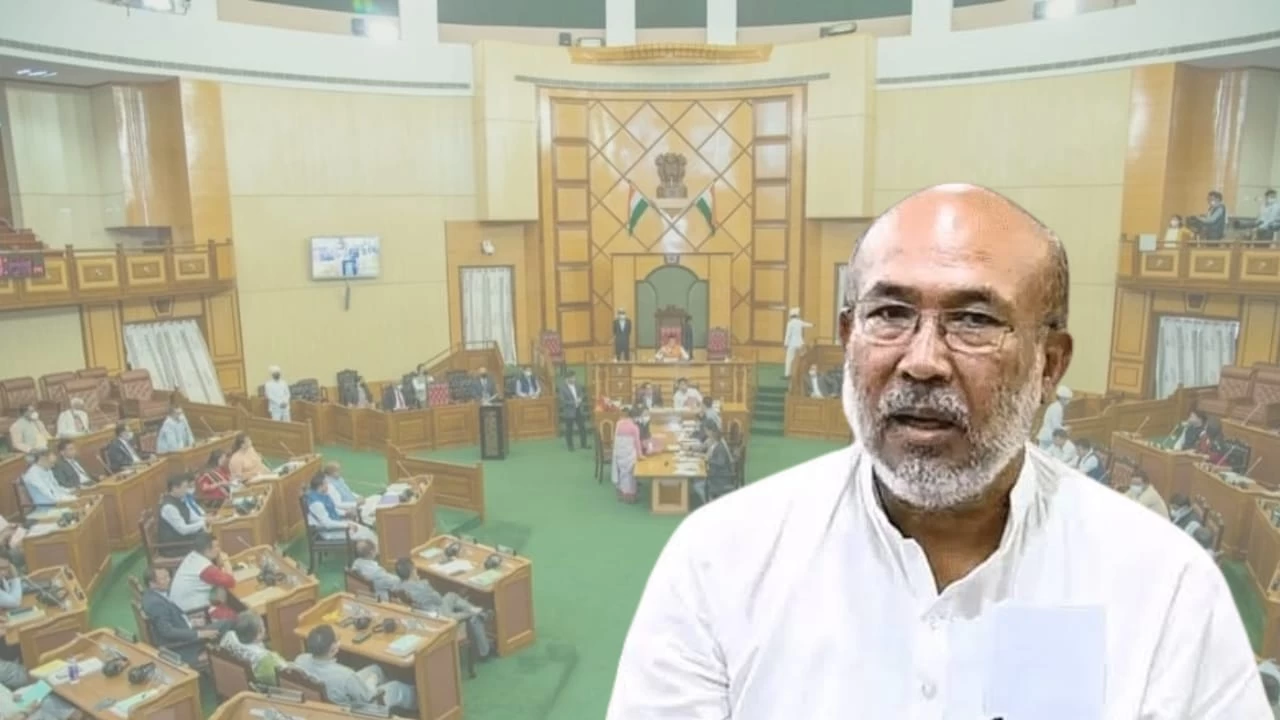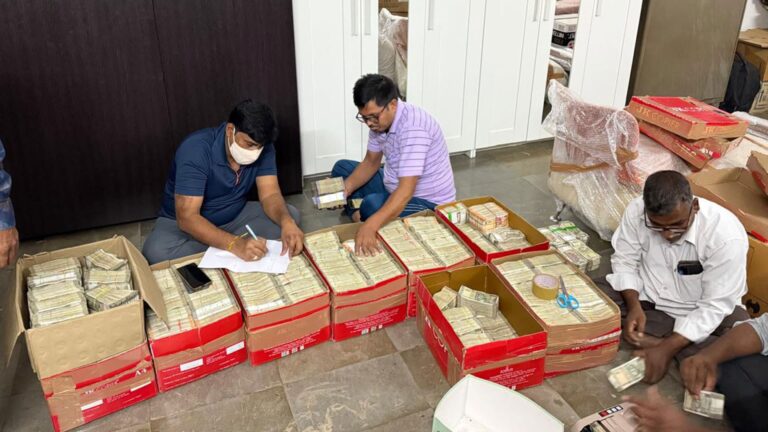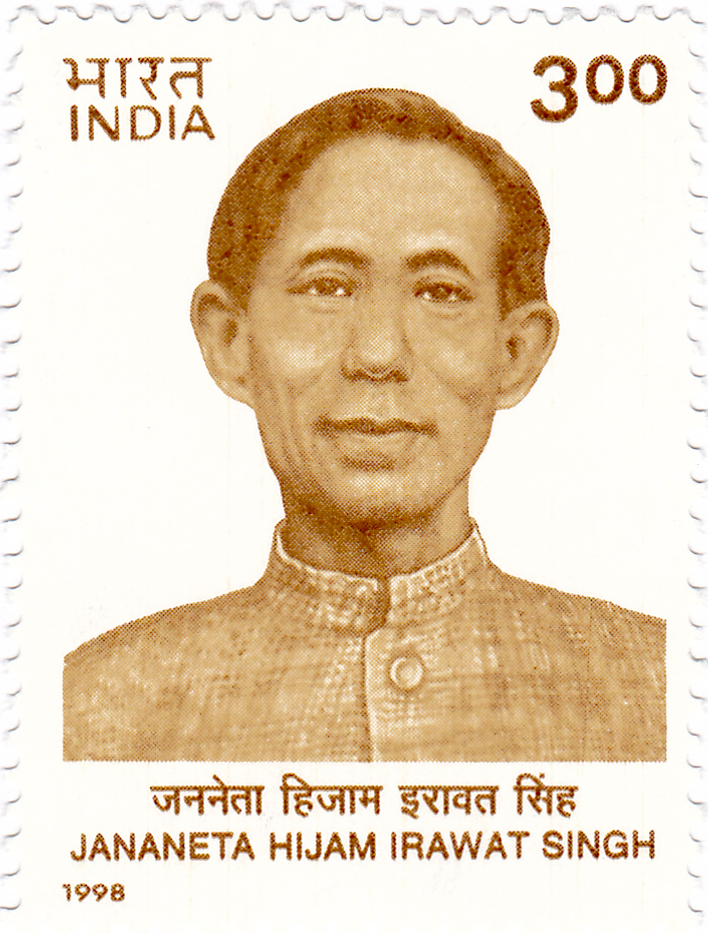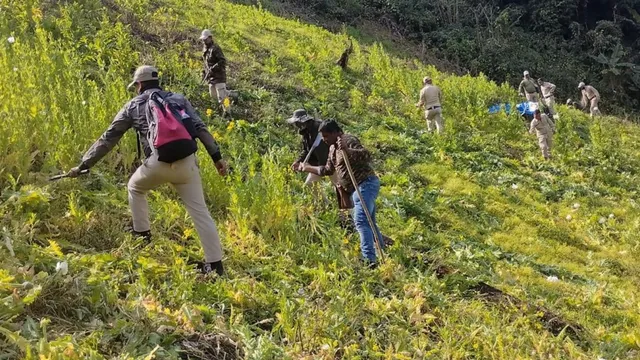“Of’ vs ‘Or’: Did a Single Word Rewrite Shape Manipur’s Governance?”
Summary of the News Article
Former Manipur Chief Minister N. Biren Singh has flagged a “deliberate distortion” in the wording of the Manipur Legislative Assembly (Hill Areas Committee) Order, 1972. According to him, the original Gazette of India uses “appointment of succession of Chiefs or Headman,” while the version adopted by the Assembly says “appointment or succession of Chief or Headman.” He claims this subtle change could allow new village chiefs to be appointed beyond traditional succession processes, potentially enabling unchecked creation of villages. Singh has sought Governor Ajay Kumar Bhalla’s intervention, urging an independent investigation and audit to assess the effects—especially areas of land rights, ethnic settlement, and governance in hill regions
Introduction
Is it possible that swapping a tiny word in a legal document could spark serious political and administrative fallout? Believe it or not, yes. Former Manipur CM N. Biren Singh has made just that argument—contending that someone replaced the word “of” with “or” in a key provision, twisting the original intent of an Assembly order and potentially opening the floodgates to unauthorized village and leadership formations. Let’s dig into this linguistic pivot that may have massive implications.
1. The Heart of the Matter: “Of” vs “Or”
Here’s the core difference:
- Gazette of India (Parliament-passed): “appointment of succession of Chiefs or Headman”
- Manipur Assembly Rules: “appointment or succession of Chief or Headman”
You spot the swap? “Of” becomes “or.” It sounds minor—almost trivial—but Singh warns it changes everything: removing the restriction that chiefs come only via succession and enabling fresh appointments of village heads outside traditional lineage structures
2. Why One Word Can Trigger a Powder Keg
2.1. Expanding the Legal Scope
Changing “of” to “or” broadens authority. Suddenly, anyone can be appointed as a chief—no ancestral lineage or customary legitimacy needed.
2.2. New Village Creations
Singh argues that this tweak has enabled the formation of new villages by appointees lacking historical legitimacy, leading to murky governance and land ownership patterns
2.3. Fueling Ethnic and Land Disputes
Manipur is already on edge—Meitei and Kuki communities have clashed repeatedly. Land rights and tribal recognition are flashpoints. This linguistic shift could worsen tensions by creating villages and land claims without consensus.
3. Singh’s Appeal to the Governor
In his June 25 letter to Governor Bhalla, Singh described the change as both “deliberate” and “distortion.” He’s urging:
- An independent investigation into when and how the wording was altered.
- A comprehensive audit to see how many villages and chiefs have been appointed under this version
He wants clarity and accountability on this seemingly small but potentially disruptive legal modification.
4. The Governance Context: Hill Areas & Chiefs’ Powers
4.1. Hill Areas Committee Order, 1972
This Order is meant to regulate land, tribal leadership, and village governance in hilly regions—giving tribes early autonomy under the Constitution.
4.2. Manipur Hill Areas (Acquisition of Chiefs’ Rights) Act, 1967
Passed but never enforced, this Act intended to dismantle hereditary chiefs. Instead, chieftains remain powerful, especially among Kuki tribes—controlling village administration and creating new settlements
4.3. Regional Governance Quagmire
With the Act unimplemented and Assembly wording changed, chiefs have a legal window to expand their power—complicating governance dynamics in volatile hill regions.
5. Implications on the Ground
5.1. Land Ownership Confusion
New villages created under the altered provision may not align with old land distribution laws or traditional ownership. That’s a recipe for disputes.
5.2. Ethnic Tensions Amplified
When new villages pop up along tribal lines, it can re-stoke simmering friction over identity, resources, and territory.
5.3. Administrative Overload
Unrecognized chief appointments cloud governance—who’s accountable? Which villages qualify for government services? Who’s collecting taxes?
6. Broader Political Ramifications
6.1. Undermining Democracy
Countries like Mizoram abolished chiefs decades ago in favor of elected local governance. In Manipur, the reverse seems to be happening: strengthening traditional power in ways that dodge democratic checks
6.2. Fragile Governance in Conflict Zones
The Meitei-Kuki conflict has claimed hundreds of lives and displaced tens of thousands. Any legal ambiguity or expansionism in governance can inflame an already explosive situation.
6.3. Tensions with Centre
As violence and protests grip the region, the Centre imposed President’s rule—suspend democratic processes and assemblies. Wordplay around “of” vs “or” makes governance murkier under these conditions.
7. What Needs to Happen Next
7.1. Governor-Led Probe
Bhalla can:
- Set up independent committees.
- Re-examine historical records.
- Reveal who authorized the wording change.
7.2. Audit of Appointments
A thorough count of villages and chiefs installed under the “or” clause—are they legitimate? Do they exist in government records?
7.3. Assembly Reconciliation
If Assembly rules are in error, use legal mechanisms to revert wording, or escalate the issue to Parliament as necessary.
7.4. Law Enforcement & Legal Reform
Enforce the 1967 Act. Ensure village headships are regulated democratically. Add transparency to village formation.
7.5. Civil Society and Tribal Councils
Local bodies, NGOs, and tribal councils must engage—clarifying what constitutes a valid village or legitimate chief.
Meta Description
- “Former CM Biren Singh alleges Assembly changed ‘of’ to ‘or’ in key clause—broadening powers of chiefs and enabling new village creation. Governor asked to probe.”
Supporting Media
- Provide side-by-side extracts of the Gazette vs Assembly wording for clarity.
- Infographics on chief appointment processes.
- Maps showing disputed villages in hill areas.
9. Conversational Takeaways
- Ever thought changing one word couldn’t matter? This is a classic case of butterfly effect in law—small tweak, big storm.
- Think spelling errors are minor? In fragile political ecosystems like Manipur’s hills, even a typo can shift power balances.
- Picture the Gazette as a tightly locked safe—but someone swapped the combination. Now new settlements are popping up unmonitored.
10. Call to Action
This isn’t just bureaucratic drama—it affects land titles, ethnic harmony, village representation, and democratic legitimacy. Governor Bhalla now has a chance to clean the air—and ensure administrative clarity. Meanwhile, citizens, journalists, and tribal leaders must spotlight this and support transparent governance reforms.
11. FAQs
1. Why did Singh emphasize the difference between “of” and “or”?
Because “of” limits powers to regulating succession, whereas “or” allows fresh appointments—an expansion of authority that could change governance in hill areas
2. What are the practical effects of this linguistic change?
It may enable the formation of new villages without traditional legitimacy, complicating land rights, ethnic demographics, and administrative oversight
3. What is the Hill Areas Act of 1967 mentioned by Singh?
It’s a law that aimed to abolish hereditary chief powers in hill districts but was never implemented—thus allowing chiefs to maintain influence.
4. How can the governor address this issue?
He can set up impartial inquiries, audit appointments and villages, correct Assembly language, and recommend implementing the 1967 Act.
5. Why does this matter beyond semantics?
Because it impacts land ownership, village creation, tribal representation, and can deepen ethnic conflict in sensitive regions.





